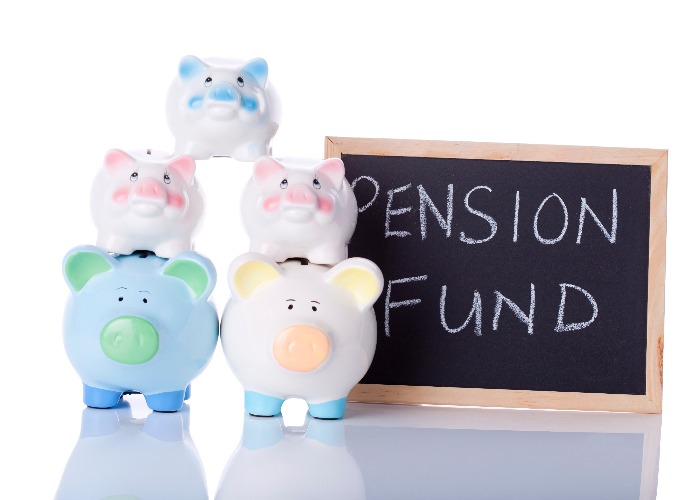Pensions: why your pension pot needs to be 75% bigger to retire in comfort

Saving for retirement is getting tougher, with the average pensioner needing a £260,000 pension pot, 75% up on what was needed 16 years ago, or £445,000 if you're renting.
The amount you need to save for retirement has risen substantially over the past 16 years, according to a new report from Royal London.
Back in 2002, experts stated that the average pensioner needed a £150,000 pension pot to maintain their standard of living in retirement.
Now, thanks to lower interest rates and higher life expectancy, Royal London believes you need £260,000 to keep yourself in the manner you have become accustomed to once you retire.
“This research is a reminder that when we save for retirement we are chasing a moving target,” says Helen Morrissey, personal finance specialist at Royal London.
“If our retirement pot is going to support us through a longer retirement and in an era of lower interest rates, we are going to need to build a much bigger port than in the past.”
How to make sure you're saving enough for retirement
Royal London’s figures are based on the theory that people need a retirement income of around two-thirds of what they were earning when they were working. The idea is that you need slightly less as you escape some costs when you retire, such as pension contributions, work-related costs like a season ticket, and you are mortgage free.
Based on the average salary of £27,000, and assuming you get the full state pension of just over £8,500, this means the average pensioner needs a private pension income of just over £9,000.
To achieve that you needed a pension pot of £150,000 back in 2002 but since then the ‘pension mountain’ has grown so you would now need to have £260,000 in pension savings to deliver a £9,000 income.
Even if you think you're on track you can't afford to be complacent - we've put together a guide for pension savers of all levels.
Renters need to get saving
People living in rented accommodation face an even steeper climb to save enough money for their retirement.
That’s because most pension calculations of how much you need are based on a pensioner being mortgage-free when they retire. But, if you still need to pay rent out of your pension income you need a substantially bigger pension pot.
“We can no longer assume that we will be mortgage-free homeowners in retirement,” says Morrissey. “For those unable to get on the property ladder during their working life, a large private rental bill needs to be factored into retirement planning.”
Opinion: Retirement time bomb awaits millennials
People who know they will be still renting from a private landlord after they retire need a whopping total pension pot of £445,000, according to Royal London. That’s £185,000 more than someone who owns their home outright.
If you rent from a local authority or housing association you will need a pension pot worth £395,000 if you want to maintain your standard of living in retirement.
Increase your savings
“For all of these reasons, we cannot afford to be complacent about current levels of retirement saving,” says Morrissey. “This research has big implications for the mandatory 8% contribution rate from April 2019 for those who have been enrolled into a workplace pension.
“This is a great start, but the government needs to act quickly to nudge people up to more realistic savings levels. Without this, many millions of people will face a sharp drop in living standards when they retire.”
If you are worried about having enough to live off in retirement, then you should consider increasing how much you are paying into your pension.
Even if you have only just got started, with the right strategy you can still amass a decent pension pot.
But, if you are living in rented accommodation you may also want to consider opening a Lifetime ISA and saving some money into that. This money will receive a 25% bonus from the government each year and you can either use it to buy your first home or for your retirement.
This could give you the option to get on the housing ladder and work towards being mortgage-free in retirement, rather than needing to save £185,000 more into your pension to cover rent into your old age.
Comments
Be the first to comment
Do you want to comment on this article? You need to be signed in for this feature